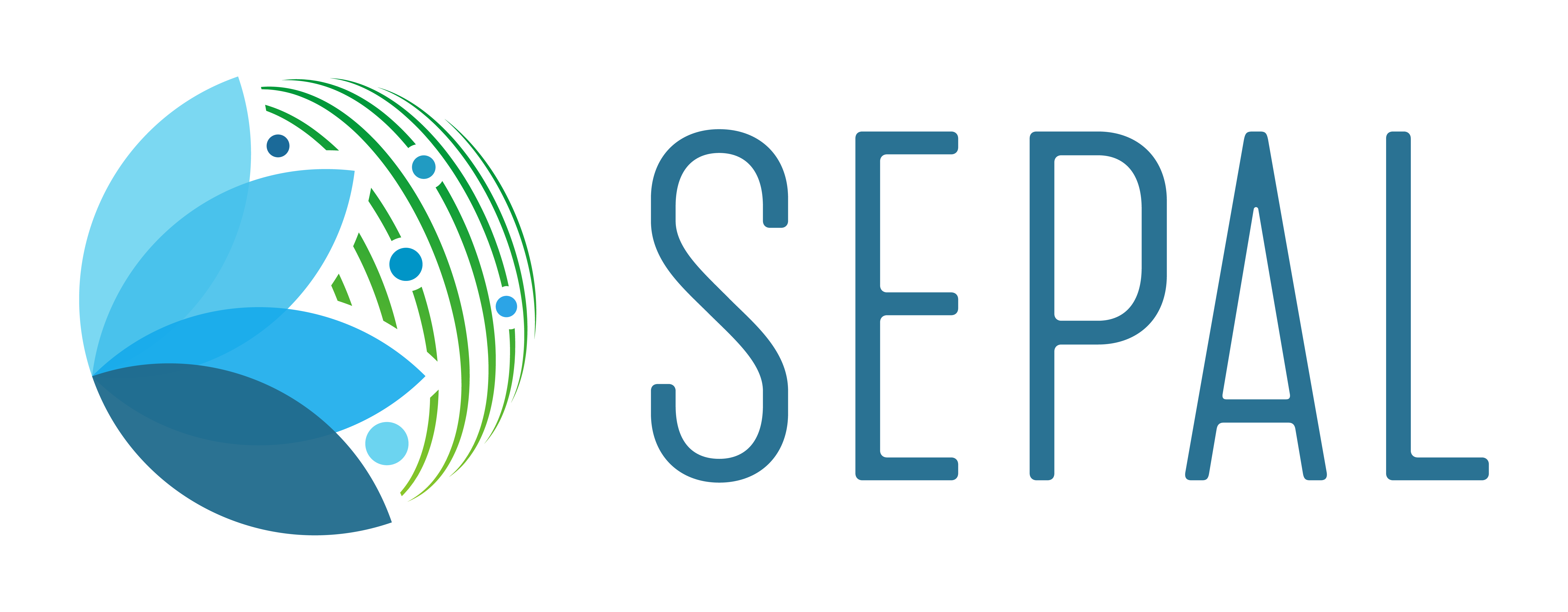CLI#
Use CLI utilities and coding tools in SEPAL
CLI tools#
To help resolve specific problems, the SEPAL platform includes a variety of useful command-line interface (CLI) utilities, including:
These tools can be called directly from the terminal or via any programming language sending commands to the kernel, including R and Python (installed by default on any SEPAL account).

Note
The code executed previously on an existing example.tif file:
gdalinfo example.tif
Tip
If you’re running actions from multiple directories or instances, you can open multiple Terminal tabs and name them as you see fit.
Tip
If the code you want to execute is taking time, consider running it in the background using nohup:
nohup gdalinfo example.tif
All console outputs will be redirected to a nohup.out in your home directory, but the execution will be running in the background. You will be able to safely close the terminal or even the browser window without interrupting the process (for more information about nohup, see this article).
Coding tools#
In the Apps section, there are three coding tools at the top of the list:
JupyterLab
Jupyter Notebook
RStudio

They will allow the user to code wokflows in any of the available languages using the corresponding environment in SEPAL. These environments are fully customizable (view the Python or R section to know more).

